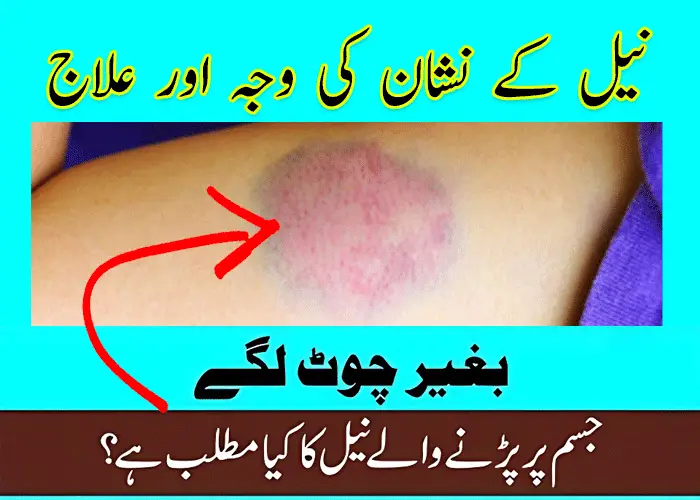
If you find yourself tossing and turning in bed at night, unable to fall asleep, you are not alone. Insomnia is a common sleep disorder affecting millions of people worldwide. Insomnia can impact your quality of life, affecting your mood, energy levels, and productivity. Insomnia is a sleep disorder that can make it difficult to fall asleep, stay asleep, or get enough restful sleep. It can have a major impact on your daytime mood, energy levels, and ability to function at work or school.
How to Cure Insomnia in Urdu with Oil Massage
If you do not want to cure insomnia with sleeping pills then here is the desi ilaj for your sleepless nights. In this video oil massage will help you to sleep better without the use of sleeping tablets. Watch the video in Urdu for complete details.
There are two main types of insomnia:
- Acute insomnia lasts for a short period of time, usually less than 4 weeks. It can be caused by stress, jet lag, or changes in your sleep environment.
- Chronic insomnia lasts for 3 months or longer. It can be caused by a number of factors, including medical conditions, medicines, and mental health disorders.
Causes of Insomnia
Insomnia can be caused by a variety of factors, including:
Stress and Anxiety: Stressful life events such as job loss, divorce, or financial problems can cause insomnia. Anxiety disorders and depression are also common causes of insomnia.
Related: Sleeping Pill Tablets Name in Pakistan: Neend Na Aane Ki Waja Aur ilaj
Medical Conditions: Insomnia can be a symptom of underlying medical conditions such as chronic pain, heart disease, and respiratory disorders.
Poor Sleep Habits: Irregular sleep patterns, using electronic devices before bedtime, and consuming caffeine or alcohol can disrupt sleep and cause insomnia.
Symptoms of Insomnia
The symptoms of insomnia may include:
- Difficulty falling asleep
- Waking up frequently during the night
- Waking up too early in the morning
- Feeling tired and groggy during the day
- Irritability and mood changes
- Difficulty concentrating and poor memory
- Some of the most effective ways to cope with insomnia are:
How to Cure Insomnia
Insomnia can be a challenging condition to treat, but there are several steps you can take to improve your sleep quality and alleviate your symptoms. Here are some strategies that may help:
Practice good sleep hygiene: This includes setting a regular sleep schedule, avoiding caffeine and alcohol before bed, creating a comfortable sleep environment, and limiting daytime naps.
Reduce stress and anxiety: Stress and anxiety can contribute to insomnia, find ways to manage these emotions. Techniques such as deep breathing, and yoga may be helpful.
Exercise regularly: Regular exercise can help improve sleep quality, but it’s important to avoid exercising too close to bedtime, as this can be stimulating.
Avoid electronic devices before bed: The blue light emitted by electronic devices such as smartphones and tablets can interfere with sleep, so it’s best to avoid using them for at least an hour before bedtime.
Consider cognitive-behavioral therapy (CBT): This type of therapy can help you identify and change negative thoughts and behaviors that may be contributing to your insomnia.
Relaxing your mind and body before bed. You can try meditation, breathing exercises, yoga, reading, listening to soothing music, or aromatherapy to help you unwind and prepare for sleep.
Consult with your healthcare provider: If your insomnia persists or is affecting your quality of life, it’s important to talk to your healthcare provider. They can help identify any underlying medical conditions that may be contributing to your insomnia and prescribe medication or other treatments if necessary.






